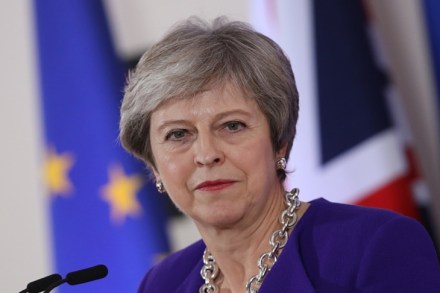Why Theresa May needs an escape clause
Theresa May has one route to a Brexit deal that can avoid irrevocably splitting her party and bringing down her government, I say in The Sun this morning. She needs to persuade the European Union to replace the Northern Ireland backstop with a UK-wide one and to accept an escape clause to show that this temporary UK/EU customs union won’t become permanent. Influential Cabinet Ministers expect the government to decide on the escape clause it will propose to Brussels in the coming days. The Brexit negotiations will then resume with the EU in the second half of next week. Key Cabinet Ministers have one test for the escape clause: is


















